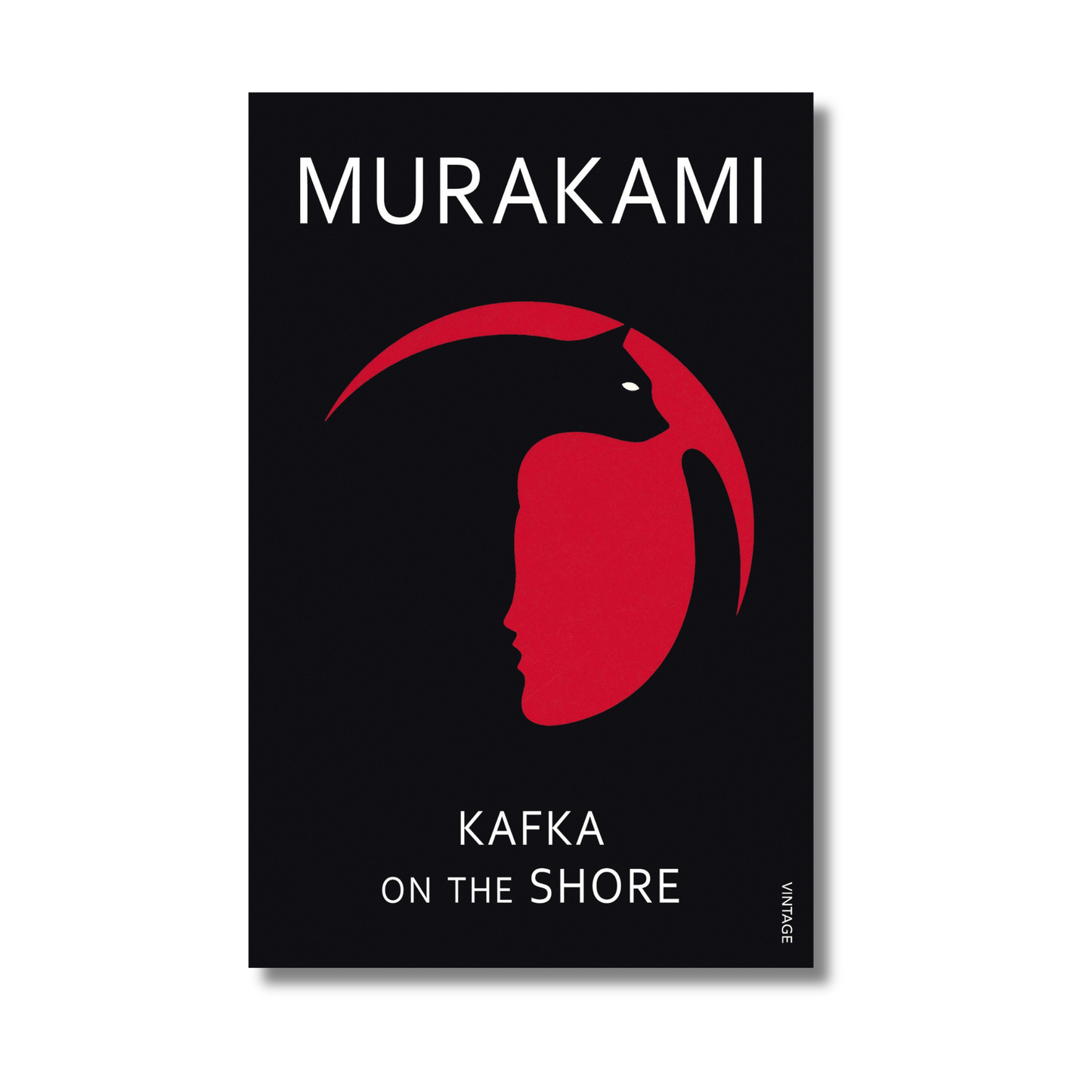
Kafka On The Shore, written by the critically acclaimed Japanese author Haruki Murakami, is a mesmerizing work of fiction that blurs the lines between reality and fantasy. This hauntingly beautiful novel tells the story of two unlikely characters - a teenage boy on the run and an old man looking to escape his past - whose paths cross in mysterious and unexpected ways. Through Murakami's masterful storytelling, readers are transported to a world of magic, myth, and metaphor, where nothing is quite as it seems. With its richly drawn characters, evocative prose, and unforgettable plot twists, Kafka On The Shore is a literary masterpiece that will captivate and challenge readers of all ages. Whether you're a long-time Murakami fan or a newcomer to his work, this is a book you won't want to miss.
| Publisher | Vintage |
| Language | English |
| Paperback | 512 pages |
| ISBN-10 | 9780099458326 |
| ISBN-13 | 978-0099458326 |





